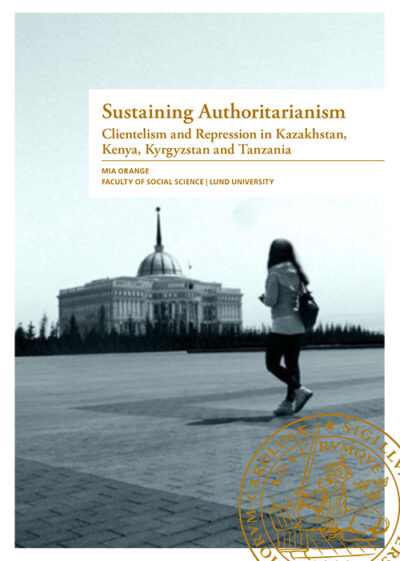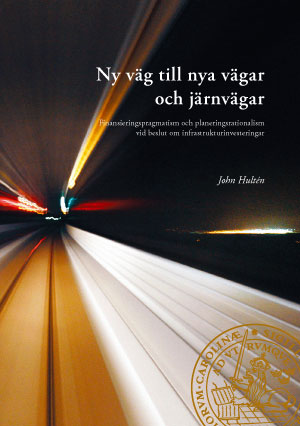The Money of Monarchs
The Importance of Non-Tax Revenue for Autocratic Rule in Early Modern Sweden
Klas Nilsson
264 kr
Beskrivning
Abstract
According to a venerable argument about the formation of political regimes in historical Europe, taxation goes hand in hand with representation, as financial needs forced rulers to trade rights for revenue. In this dissertation I explore the reverse assumption, asking whether it is the case that non-taxation went hand in hand with non-representation? I argue that early modern rulers who had access to what I conceptualize as ‘proprietary revenue’—including profits from landownership, natural resource extraction, state-owned enterprise, and colonial plunder—could use such revenue to concentrate political authority in their own hands and rule as autocrats. Their fiscal independence made them politically impervious.
In the empirical part of this thesis I use insights from the study of regime formation in modern oil states to guide my analysis of autocratic rule in early modern Sweden, a case that does not seem to fit existing theories of European political development. Most importantly, I find that rulers such as Gustav I (r. 1523-1560) and Karl XI (r. 1672-1697) would have been hard-pressed to set up autocratic regimes had they not been able to expand their royal domains and rule more as ‘landowner kings’ than ‘taxation kings.’
The main contributions of this dissertation are that (i) it develops our conceptual understanding of non-tax revenue; (ii) it explains why and how access to such revenue influences political arrangements; and (iii) it provides a novel explanation for regime formation in early modern Sweden
Ytterligare information
| Vikt | 535 g |
|---|---|
| Storlek | 17 × 155 × 220 mm |
| Språk | Engelska |
| Antal sidor | 284 |
| Publikationsår | 2017 |
| Bandtyp | Häftad |
| ISBN | 978-91-7753-155-5 |
| ISSN | 0460-0037 |





